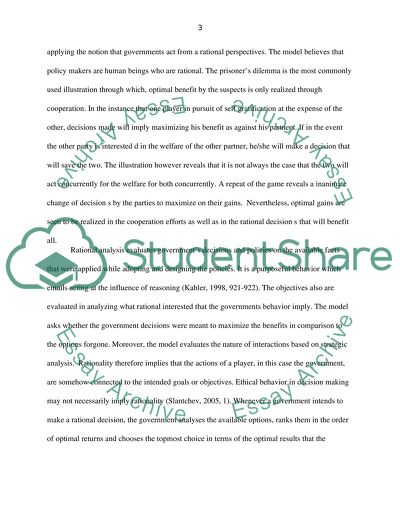Cite this document
(“Foreign Policy Analysis And Random Actor Model Essay”, n.d.)
Retrieved from https://studentshare.org/history/1476506-foreign-policy-analysis-and-random-actor-model
Retrieved from https://studentshare.org/history/1476506-foreign-policy-analysis-and-random-actor-model
(Foreign Policy Analysis And Random Actor Model Essay)
https://studentshare.org/history/1476506-foreign-policy-analysis-and-random-actor-model.
https://studentshare.org/history/1476506-foreign-policy-analysis-and-random-actor-model.
“Foreign Policy Analysis And Random Actor Model Essay”, n.d. https://studentshare.org/history/1476506-foreign-policy-analysis-and-random-actor-model.


